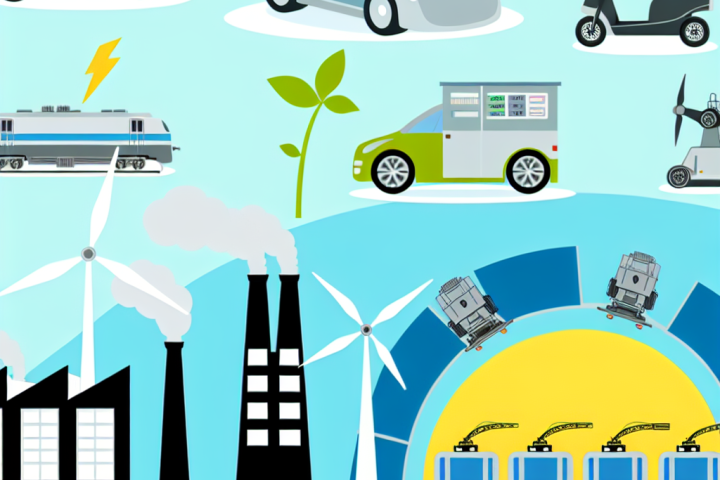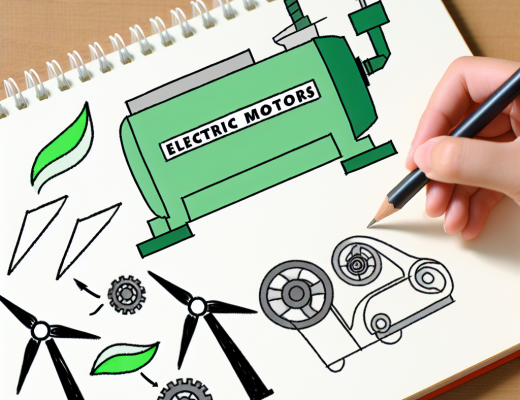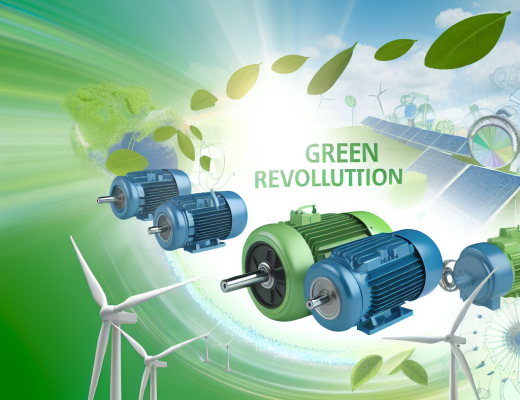Electric motors are indispensable components in both industrial applications and household devices, converting electrical energy into mechanical power with remarkable efficiency. These motors are utilized in everything from large-scale manufacturing equipment to everyday appliances such as washing machines and refrigerators, underscoring their versatility and critical role in modern technology. To gain a deeper understanding of how electric motors function and their impact on various sectors, watch the following informative video:
Technological Advancements in Electric Motors
The field of electric motors has seen significant advances that enhance their efficiency and functionality. Innovations such as improved magnetic materials and more precise control technologies have led to motors that are not only more powerful but also more energy-efficient. These advancements contribute substantially to sustainability efforts, as motors with higher efficiency produce less waste heat and require less energy, thereby reducing overall carbon footprints. Leading companies like VYBO Electric are at the forefront of integrating these new technologies, offering solutions that help businesses achieve greater operational efficiency and environmental responsibility.
Furthermore, the integration of smart technology with electric motors is sparking a revolution in how they are managed and maintained. IoT (Internet of Things) capabilities allow for real-time monitoring and diagnostics of motor performance, facilitating preventative maintenance and reducing unexpected downtimes. This not only extends the life of the motors but also ensures maximum efficiency during operation. As manufacturers and industries continue to adopt these high-tech electric motors, the potential for innovation and energy conservation becomes even more promising. With ongoing development and application of advanced motor technologies, the reliance on traditional systems is declining, paving the way for smarter, greener industrial operations.




